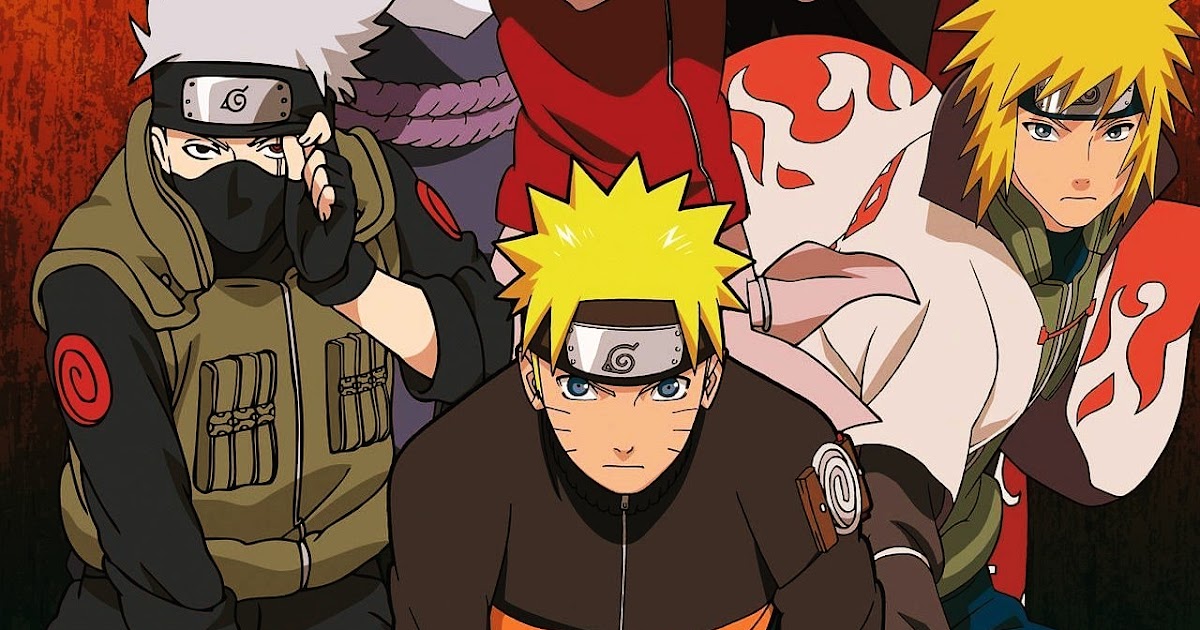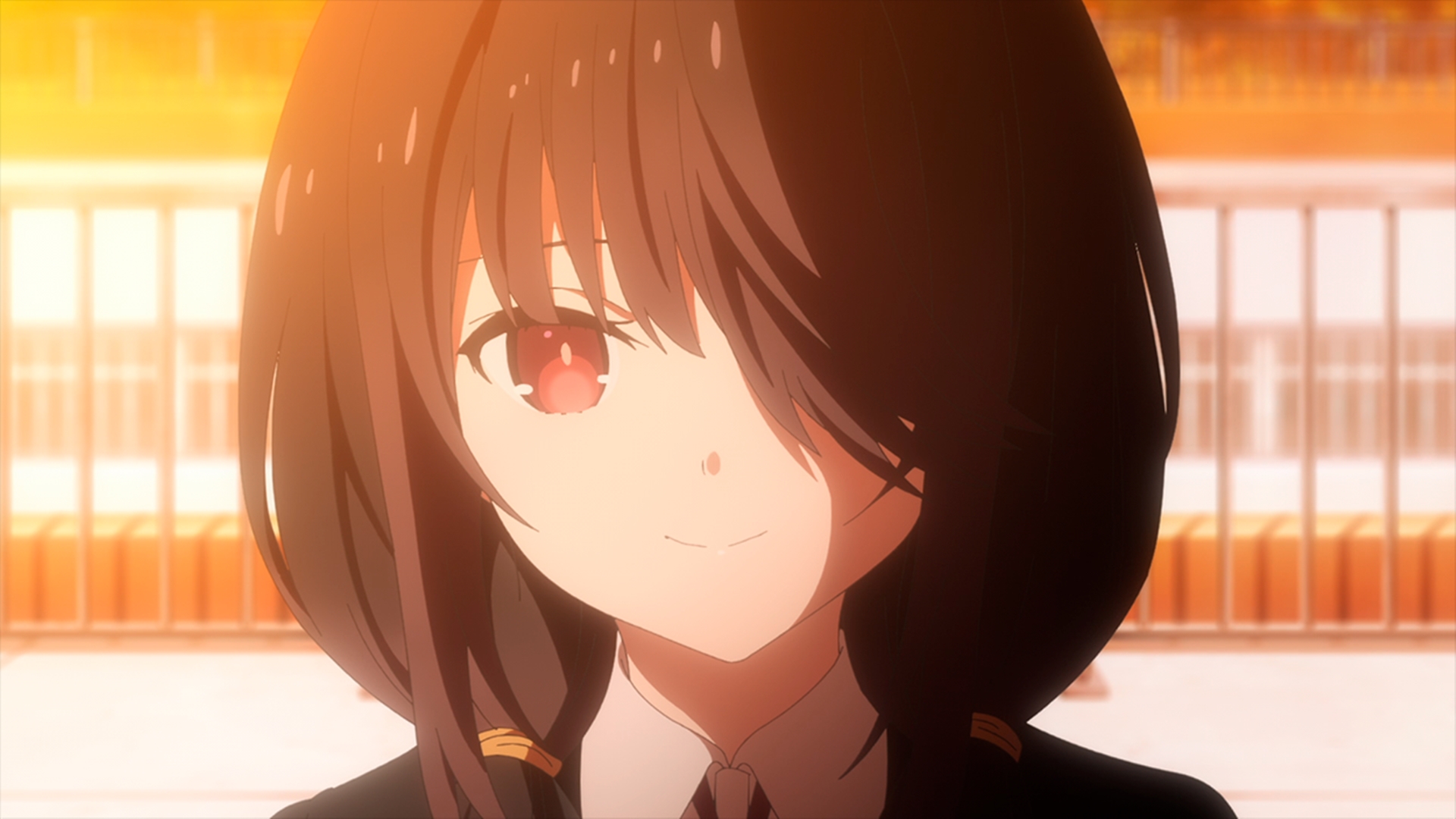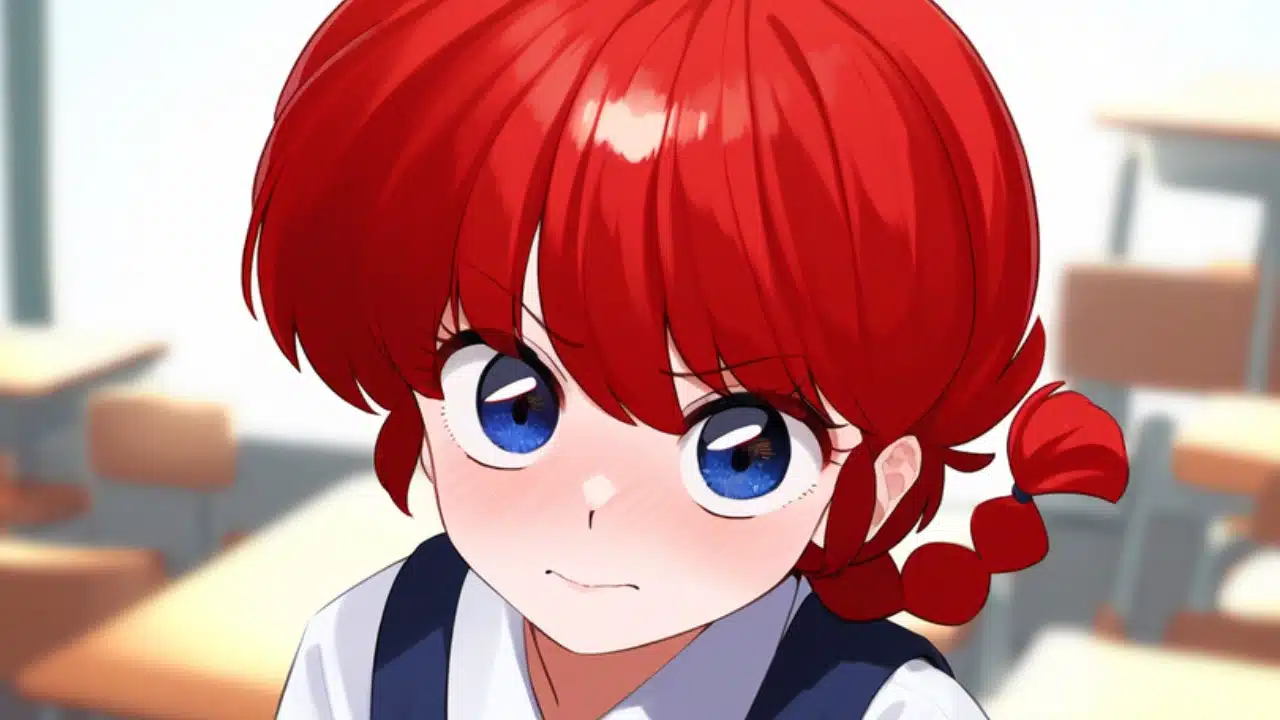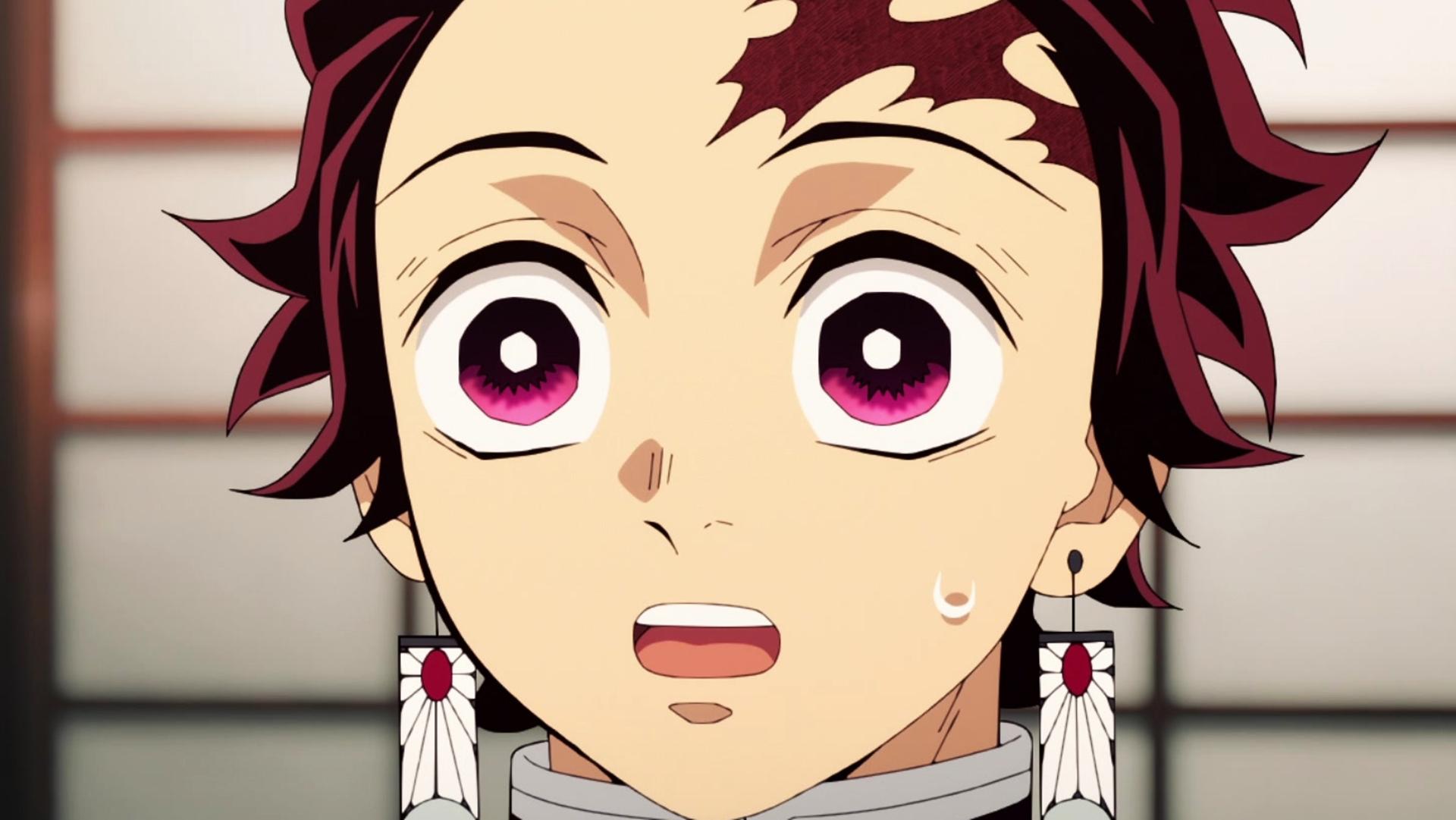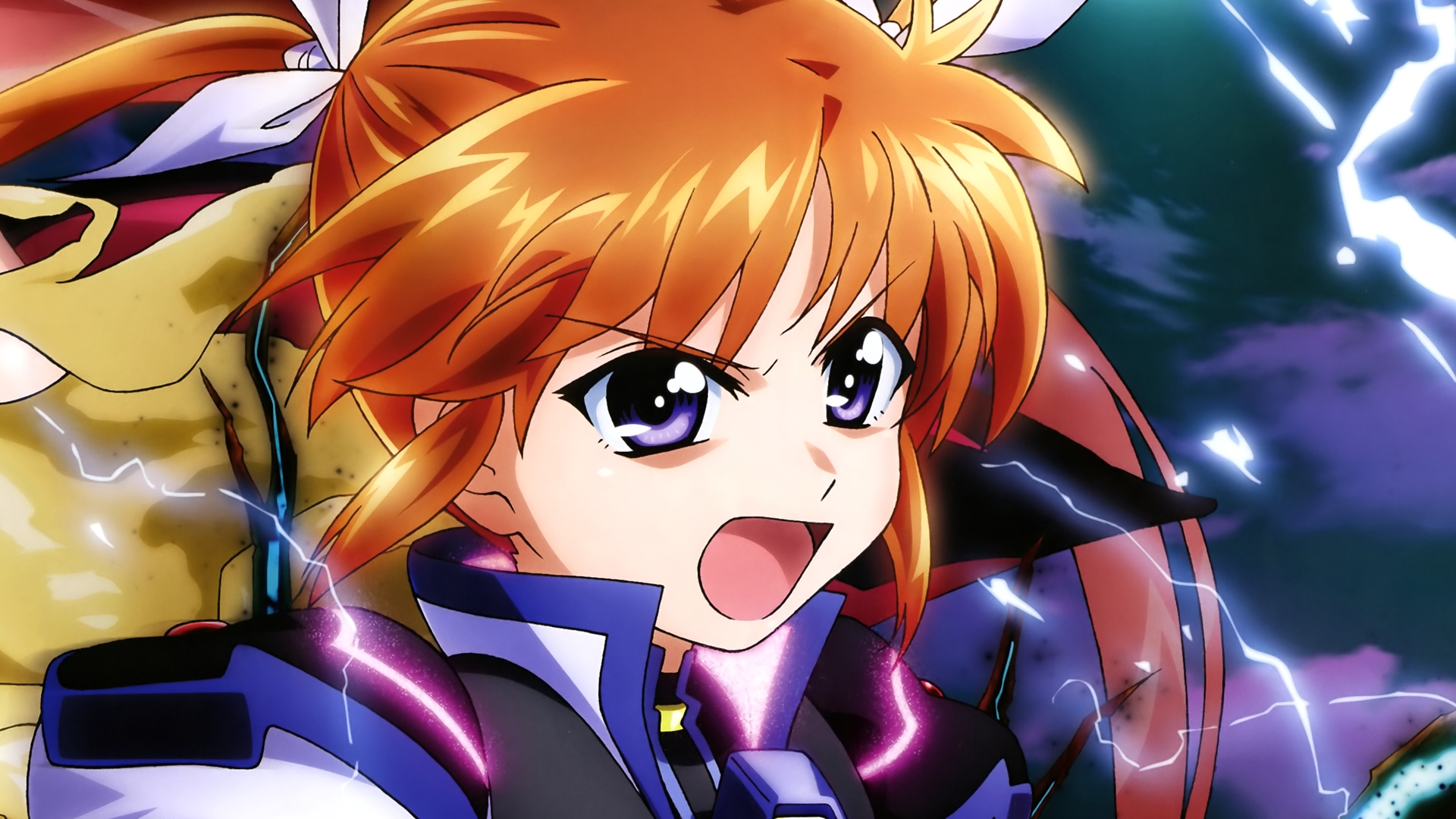Articles and Lists
Is Tengoku Daimakyo the most underrated anime of the year?
Advertisement
Highlights
- Heavenly Delusion is a masterpiece anime adaptation of Masakazu Ishiguro's manga, featuring incredible world-building, lovable characters, and a suspenseful narrative.
- The series skillfully blends two parallel stories set in a post-apocalyptic world and a futuristic dome, creating an intriguing contrast and revealing connections between the two.
- The show explores philosophical themes such as transhumanism, posthumanism, and the interplay between technology and identity, becoming a comprehensive cyberpunk commentary.
Disney decided to bet on the anime adaptation of Masakazu Ishiguro's manga, and it ended up being a masterpiece. Heavenly Delusion also referred to by its original name Tengoku Daimakyo is a Sci-Fi/cyberpunk seinen from Production IG, a studio well known to any cyberpunk fan and with this new series it continues to add to an already impressive resume.
The first season aired from April to June on Disney+. The first 13 episodes showcased incredible world-building with lovable characters and a narrative designed to immerse the viewer in a constant sense of agonizing suspense, begging for all the answers as the show tells two different stories simultaneously. Despite being a must-watch in this year's catalog, it was greatly underrated.
A surprising setting, a captivating narrative

First impressions are crucial. Most people are familiar with the meme of the digger stopping before finding something precious.
This can be the case for a ton of programs that start slowly. However, Heavenly Delusion proves to have something special from the start.
As is common in the genre, the protagonists are trapped in a post-apocalyptic world searching for something without knowing exactly what it is.
This setting alone would be more than enough to make a compelling series, but it combines with a side story that adds another dimension to this world.
This is the point of view of the children, who live inside a state-of-the-art futuristic dome, with a group of scientists observing them.
The series has these two stories at the center of its narrative, blending them and dedicating similar time to both, with a slight preference for the external setting.
And all with carefully crafted animation that makes the most of it.
The way it depicts two drastically different environments coexisting in the same world is one of the best initial elements that wins fans over. On one side, a destroyed and impoverished land threatened by powerful monsters.
Every day is a struggle for survival, and almost no one can be trusted. On the other hand, a group of children living with cyberpunk-style goods, carefree, receiving education, shelter, food, and clothing, and completely unaware of the outside world.
If that wasn't interesting enough, the series soon begins to show the connections between the children and the people and events outside.
Big, twisted characters

Another great, but very underrated, aspect of Heavenly DelusionIt's how good their characters are, and not just the main ones. Maru, Kiruko, Tokio, and others are practically instantly lovable, but the real value is found in the depth and complexity of their supporting characters.
Few other series are able to create characters who appear in an episode or even half an episode and leave such a lasting impression.
Having such a great cast also helped, of course, but most of the praise goes to the writing, allowing for many interesting stories and avenues to be explored.
Mysterious doctors, cults, a brutal matriarchy, races, a hotel run by one person in an empty city now reduced to ruins.
The list could go on, and at every stage of the journey, there's always someone who goes far beyond a supporting role. This is grounded in the main story, but that's too much of a spoiler for now.
Philosophical Theme

Heavenly Delusion can feel more like a shonen than a seinen at times, as it tends to shift tone to a more relaxed, friendly, or wholesome style. This doesn't take away from the fact that, at its root, it's as much a cyberpunk project from Production I.G. as it is Ghost in the Shell or Psycho-Pass.
It may not have the same mass-produced feel, but it certainly has similar themes.
For example, the series delves into transhumanism and posthumanism as a means of survival, while also focusing on the interaction between technology and identity or even talking about the ethical implications of euthanasia in its context.
In the same vein, the trope of an unknown artificial entity threatening to destroy life on Earth is always related to the theme of the dichotomy between the human and the technological.
It also plays with gender identities, such as Kiruko and Tokio. It's a complete and thorough cyberpunk commentary.
Heavenly Delusion lacked a proper marketing campaign and exposure, perhaps because it was poised to be one of Disney's first anime simulcasts after Bleach and Tokyo Revengers.
With its setting, characters, themes, and gripping story, it should have been one of the most anticipated shows of the year. Instead, the word "underrated" should be used alongside its name.
